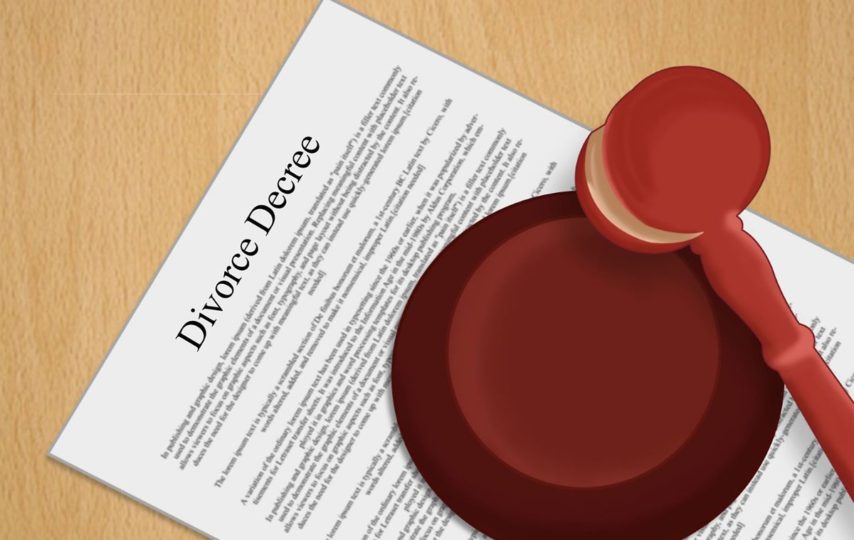Divorces can be ugly and contentious, particularly if both parties cannot agree on how to handle matters in their divorce such as child custody, spousal support, and property division. Both parties in a divorce need to submit information. If you are facing a divorce and your ex gives false information about you, they can face severe consequences and penalties. So, it’s important not to do it alone. You need an attorney who can help you learn more about how the divorce process works and know what to expect.
Reasons a Spouse Might Lie During Divorce
If a spouse files a fault-based divorce, they need to state the grounds the divorce is based upon. The accuser may lie and say their spouse had an affair, was cruel, or abandoned them. If you are the accuser, your spouse may deny your accusations even if they have to lie. Such accusations can affect the outcome of your case such as whether spousal support is awarded. Because of this, every party may be motivated to lie.
In addition, lying in a divorce can occur in terms of a spouse’s ability to get custody of their children. Managing this can be hard as the kids’ well-being are at stake.
A spouse who must pay the other may also lie about their resources in spousal and child support cases. Your lawyer must dig into the finances of your spouse to determine how much they make and their expenses to obtain a fair outcome.
What Happens if the Petitioner Lies in the Complaint?
If you are the one filing for a divorce and you lie about why you are filing, the court may dismiss your petition entirely. Your spouse can respond to your complaint. In their answer, they can deny the accusations and make claims in return.
What to Expect When a Party Lies About their Finances
If a spouse lies about their income for a spousal and child custody calculation, the court can hold them in contempt for not complying with court directions to disclose financial information. When this happens, the spouse will face fines and other penalties.
The court must know financial information such as income, both parties’ needs, and expenses when they determine spousal support and child support. Your attorney can complete documents and demand a certain amount of money through the court. After the court gets truthful information from each party, it makes decisions regarding child support and alimony.





